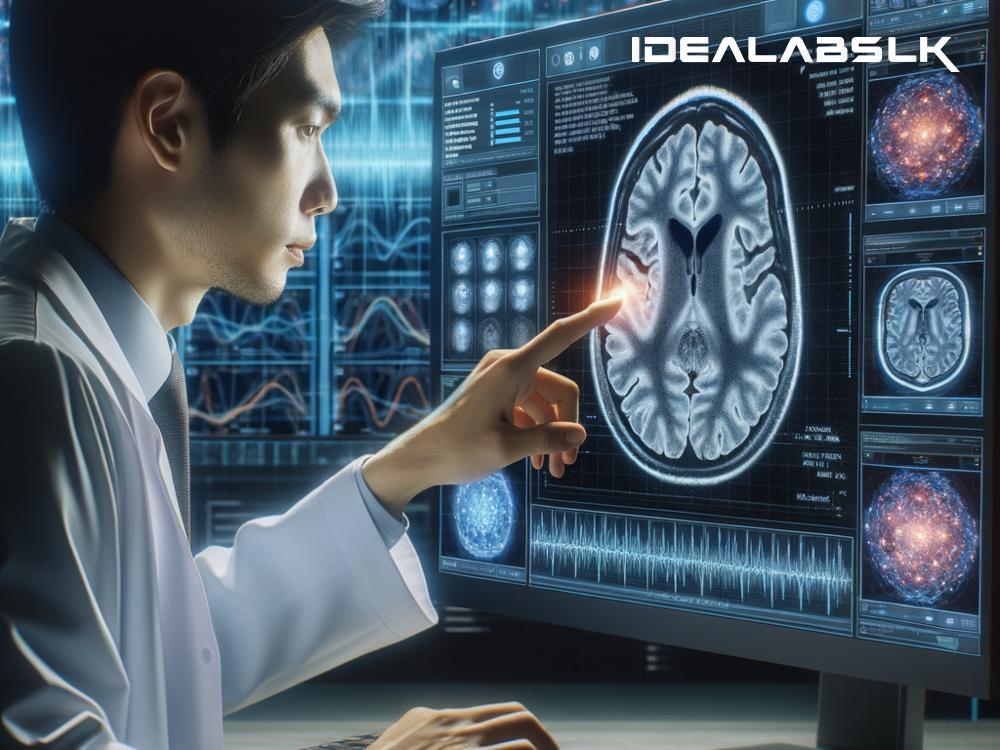Title: How AI and Deep Learning Are Powering Up the Fight Against Neurological Disorders
Introduction
Neurological disorders, such as Alzheimer's, Parkinson's, and epilepsy, can deeply affect individuals' lives, making daily tasks challenging and sometimes leading to long-term disability. Detecting these conditions early on is crucial for treatment and management, yet diagnosis can be complicated, requiring a combination of various tests and an expert's interpretation. However, recent advancements in artificial intelligence (AI) and deep learning are promising to revolutionize this field. Let's dive into how these technologies are enhancing the detection of neurological disorders, making it faster, more accurate, and accessible than ever before.
The Basics of AI and Deep Learning
Before we explore the impact on neurological disorders, let's quickly brush up on what AI and deep learning entail. AI is a wide-ranging branch of computer science concerned with building smart machines capable of performing tasks that typically require human intelligence. Deep learning, a subset of AI, uses artificial neural networks to mimic the way human brains operate, learning from large amounts of data.
Early Detection and Diagnosis
One of the most prominent ways AI and deep learning are making waves is in the early detection and diagnosis of neurological disorders. By analyzing medical images like MRIs or CT scans, AI-powered tools can spot subtle changes or abnormalities that even skilled radiologists may miss. For instance, in Alzheimer’s, deep learning algorithms can detect minor signs of cognitive decline years before the symptoms become apparent. This early detection is vital for slowing down the disease's progression through medication and lifestyle changes.
Personalized Medicine
The power of AI doesn’t stop at diagnosis; it extends to personalized treatment plans. Each neurological disorder manifests uniquely in every patient, and AI can analyze vast amounts of data - from genetic information to lifestyle factors - to predict how a patient might respond to different treatments. This means doctors can tailor therapies specifically for the individual, potentially improving outcomes and reducing side effects.
Monitoring Disease Progression
Managing neurological disorders is a long-term battle. AI applications can monitor a patient's condition over time, alerting doctors to any changes that might necessitate adjustments in treatment. For example, wearable devices equipped with AI technology can track movement patterns and detect early signs of Parkinson's disease worsening, enabling timely medical interventions.
Reducing the Burden on Healthcare Systems
AI-driven tools not only provide more accurate and early diagnosis but also significantly streamline the workload for healthcare professionals. Neurological assessments that traditionally take hours can be completed in a fraction of the time, meaning more patients can be seen and diagnosed correctly. This efficiency not only improves patient outcomes but also reduces the healthcare system's overall burden.
Ethical and Privacy Considerations
As we celebrate the advancements AI and deep learning bring to detecting neurological disorders, we also must address the ethical and privacy issues that arise. The use of personal medical data presents significant privacy concerns. It's crucial that AI systems are designed with robust protections for this sensitive information. Additionally, while AI can significantly assist in diagnosis and treatment planning, it should not replace the human touch in healthcare. Patients' values, preferences, and rights must remain at the forefront of medical care.
Conclusion
AI and deep learning are not just buzzwords in the tech world; they are powerful tools reshaping how we detect and manage neurological disorders. By enabling early detection, personalized treatment, and efficient monitoring, these technologies offer hope to millions of people worldwide. As we move forward, it's important to navigate the ethical considerations and keep the focus on enhancing patient care. The fusion of AI with healthcare promises a future where neurological disorders are detected swiftly and managed more effectively, improving life quality for those affected.

